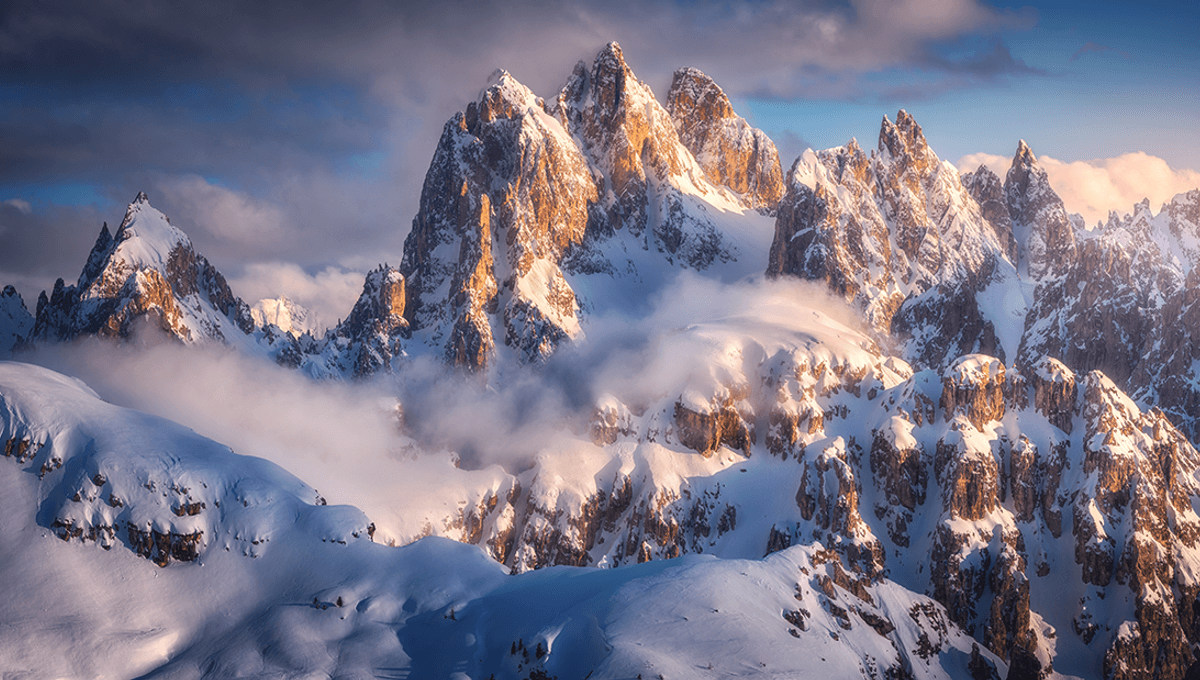
It’s a well-known rule that the higher you go on Earth, the colder it gets. But there are a few people who haven’t quite grasped why this is the case, with some asking why it is that the tops of mountains are colder when hot air rises and others asking why the tops of mountains are snowy when they are closer to the Sun than the ground is.
First off, it may be instinctive to assume “closer to Sun = hotter” but your elevation on Earth has little bearing on the energy you receive from the Sun. The heat we feel on Earth is not direct heat energy from the Sun, but the result of solar radiation emitted from the Sun (wavelengths across the electromagnetic spectrum, including visible light) interacting with particles on Earth.
While this has a bearing on the temperature of planets at different distances in our Solar System, the Sun is 151.88 million kilometers (93 million miles) away from the Earth, rendering Everest’s impressive 8,849 meter (29,032 foot) height pretty irrelevant.
The real reason why higher elevations are colder is because of how much thicker the atmosphere is at sea level compared to higher altitudes. On Everest, for easy example, the air pressure is roughly one third of that at sea level, though this fluctuates with the weather.
As air is heated it expands, making more space between the molecules. In this packet of warm air, the molecules are more spread out. Being less dense than surrounding colder air, it rises due to the buoyant force.
But this doesn’t mean that mountains should be hot either.
“Higher elevations are cooler than lower elevations because of adiabatic heating. When a parcel of air moves from a low elevation to a high elevation, it expands because it is under less pressure. It has less weight pressing down on it from the air above it. As the air expands, its temperature drops,” NASA explains.
“The cool air temperature freezes precipitation, and snow falls instead of rain. The cold air also cools that ground so that, when snow falls, it is more likely to accumulate than to melt.”
Source Link: Why Is It Colder At Higher Altitudes, Despite Being Closer To The Sun?